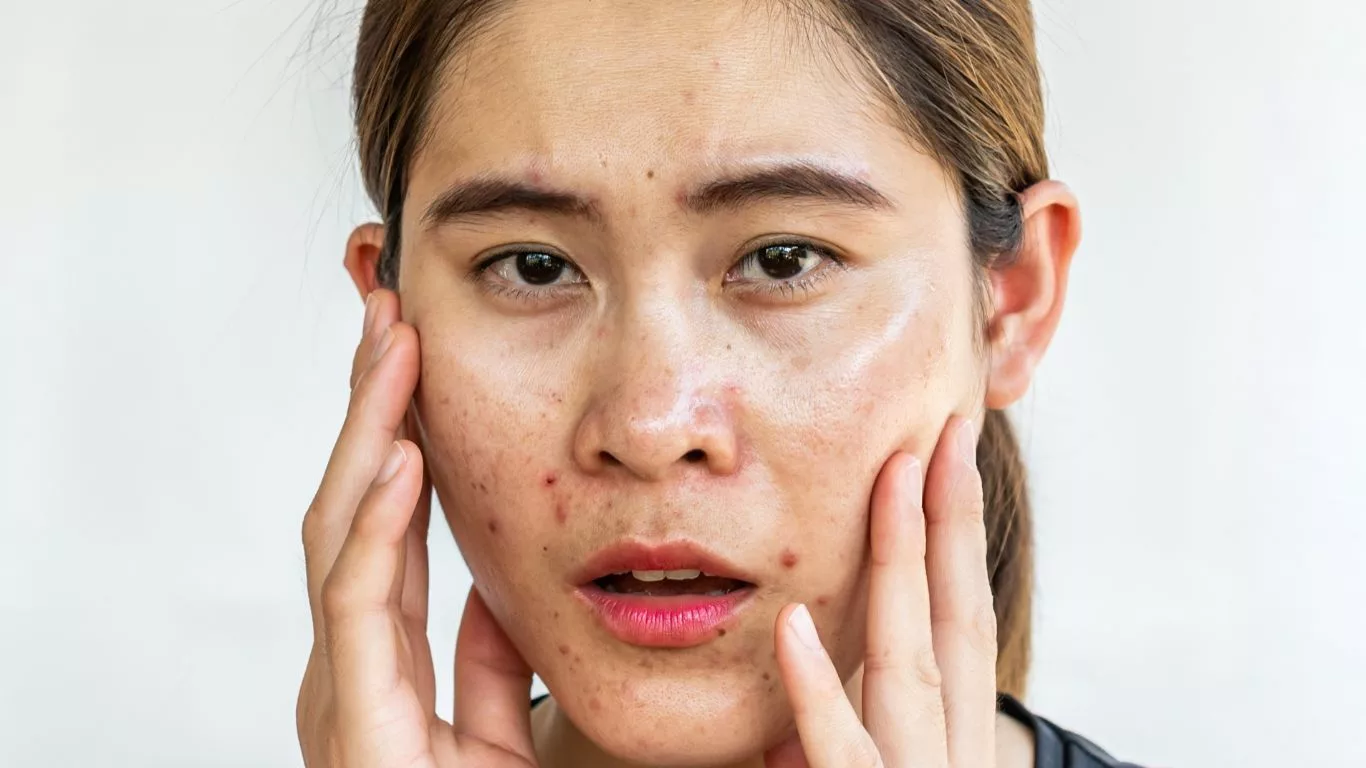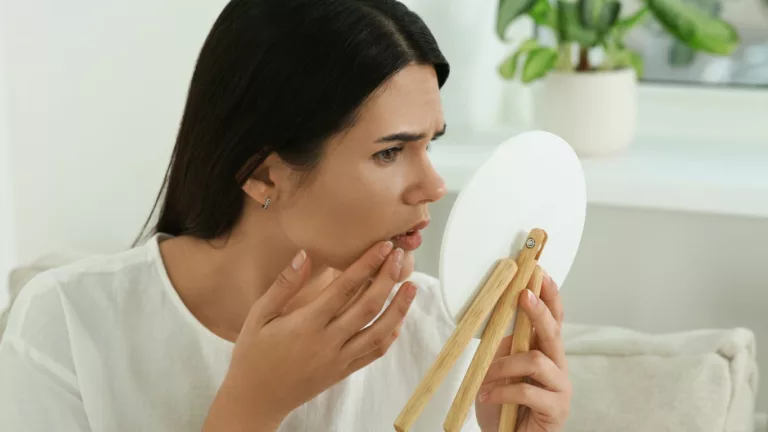Acne Prevention Tips for Oily and Combination Skin
Let’s talk real about acne prevention – if you’ve got oily or combo skin, these tips are gonna help you clear up and feel good in your skin. Forget the generic advice, we’re diving into what really works.
Let’s Get Into It
Why Acne is a Pain for Oily and Combo Skin
So, acne is no joke, right? Especially if you’ve got oily or combination skin – it’s like your skin can’t decide whether it’s too oily or too dry, and that can really mess with your acne. With oily skin, you get that shiny look from all the sebum your skin’s cranking out, and that leads to clogged pores. Combo skin’s trickier – you’ve got dry spots and oily spots all in one. Managing acne with skin like this? It takes a little finesse, but it’s totally doable. Let’s get into how to handle it.
How Your Skin Type Affects Acne
Your skin type is a big deal when it comes to acne. If you’ve got oily skin, your sebaceous glands go into overdrive, and that’s how you end up with more breakouts. Combo skin? Well, that’s a different beast. You’ve got oily areas mixed with dry patches, so finding the right products that treat both is a challenge. I’m here to give you the breakdown on how your skin affects acne and what to do about it.
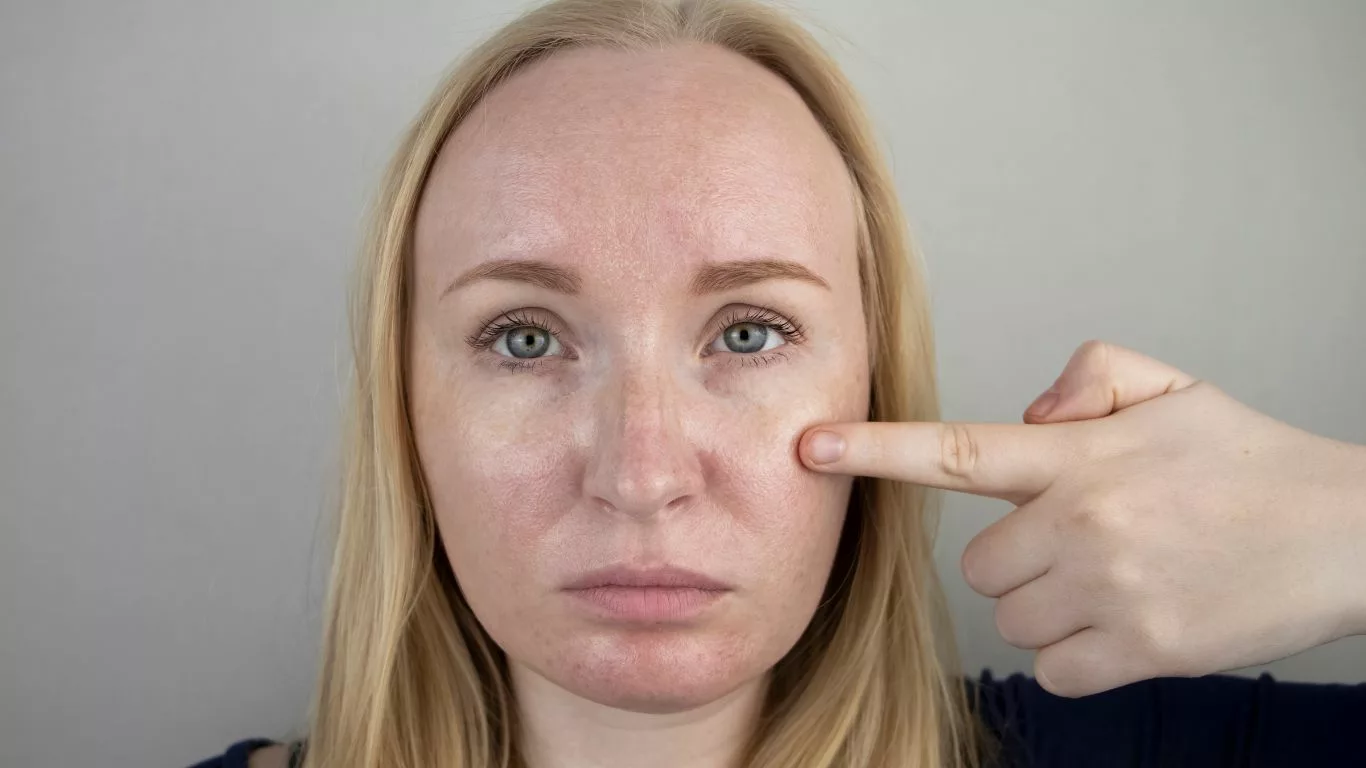
How to Prevent Acne with Oily and Combo Skin
Here’s the thing – there’s no “one size fits all” when it comes to acne prevention. Oily and combination skin need some special attention because what works for someone else may not work for you. I’m gonna break it down so you can treat your skin’s unique needs. From cleansing to lifestyle changes, this guide will give you tips that actually work, without all the trial and error.
The Road to Clearer Skin
Let’s be honest, getting clear skin takes a bit of work, especially if you’ve been battling acne for a while. From choosing the right cleansers to knowing when it’s time to talk to a dermatologist, it can be a lot. But don’t worry, this guide will make it easier for you to figure out a skincare routine that fits your skin’s needs. You’ll feel more confident in your skin, and that’s what it’s all about.
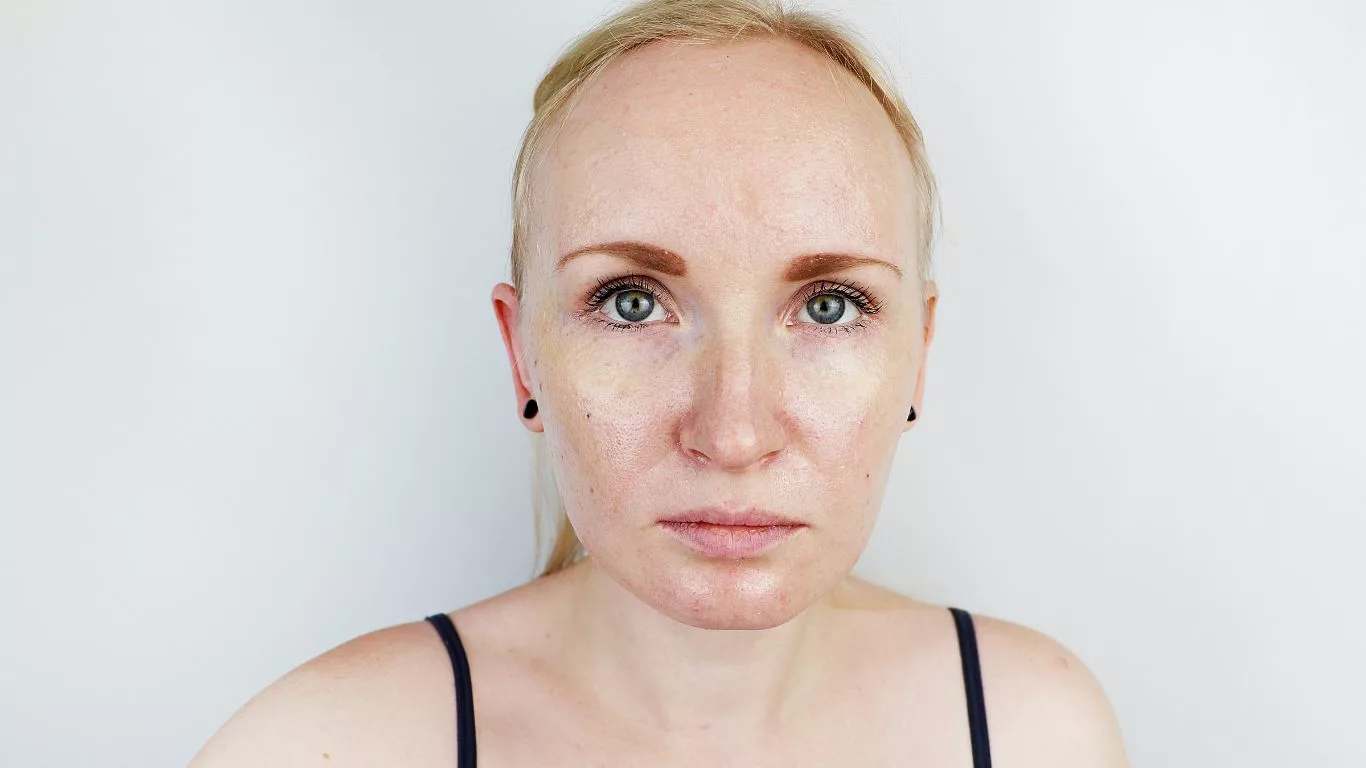
Tips That Actually Work for Acne Prevention
1. Start with a Gentle Cleanser
Washing your face is the first step, right? But with oily and combo skin, it’s crucial to use a gentle cleanser that doesn’t strip your skin or leave it feeling greasy. Look for ingredients like salicylic acid or benzoyl peroxide – they’re the acne-fighting powerhouses. Cleanse twice a day, once in the morning and before bed, to keep your skin feeling fresh.
2. Go for Non-Comedogenic Products
Listen, if you’re dealing with acne, avoid clogging those pores. Look for skincare and makeup products labeled as “non-comedogenic” – it means they won’t block your pores, which can lead to breakouts. Check your product labels closely – this is a game changer when it comes to acne prevention.
3. Hydrate, Yes, Even If You Have Oily Skin
I know, I know, you might think that because you’re oily, you don’t need to moisturize. But trust me, hydration is key! You just want to go for a lightweight, oil-free moisturizer that won’t make things worse. Proper hydration actually helps control excess oil production, so your skin doesn’t feel the need to overcompensate. Go for gel-based or water-based moisturizers for the best results.
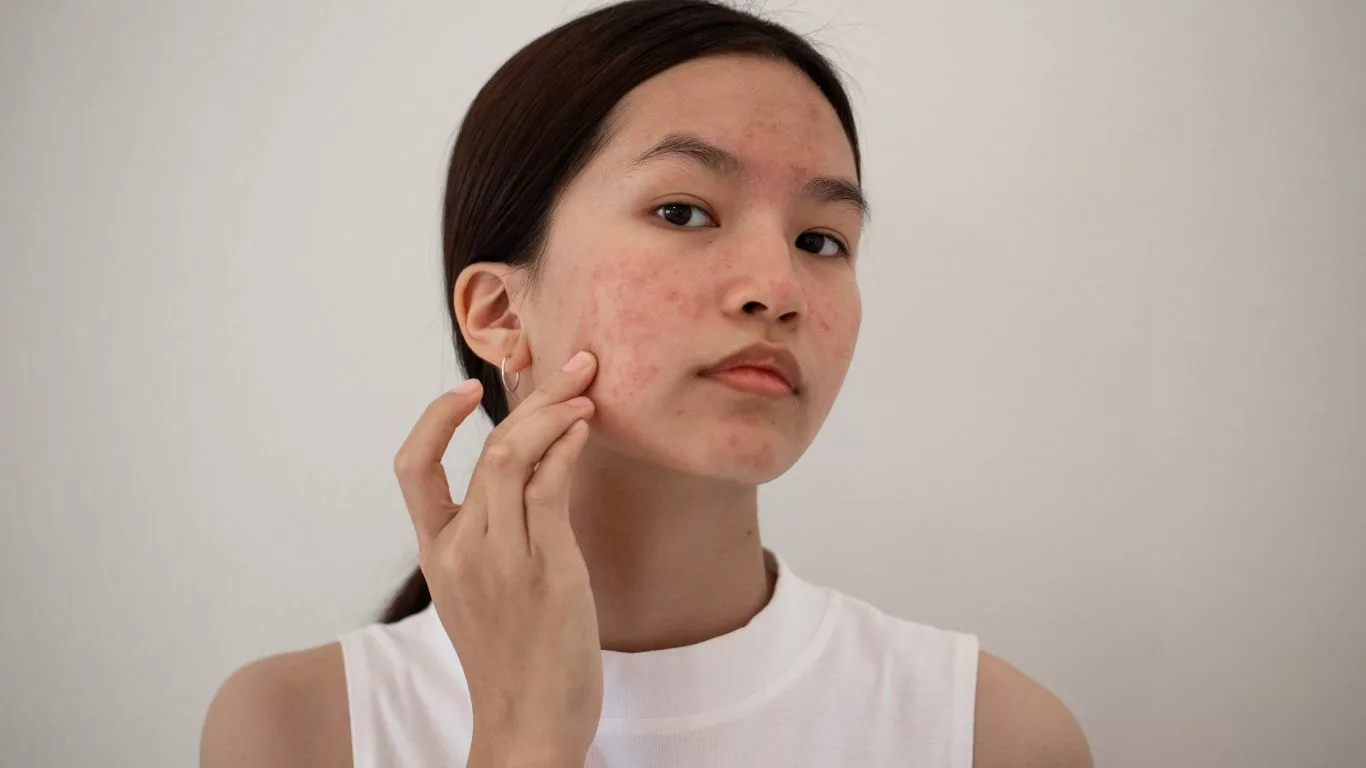
Expert Advice You Can Actually Use
Talk to a Dermatologist for Personalized Advice
If you’re serious about managing acne, a dermatologist is your best friend. They’ll look at your skin type, figure out what’s going on, and give you tailored advice that’s specific to your needs. Don’t hesitate to seek out a pro if you’re struggling with persistent acne – they can make all the difference.
Stick to a Consistent Routine
One thing I’ve learned is that consistency is everything. If you want results, you’ve gotta stick with it. Don’t expect overnight miracles – it might take weeks to see changes, but trust the process. Keep following your routine, and don’t switch products constantly. Give each product time to work and make a noticeable difference.
Make Healthy Choices to Boost Your Skin
Skin health isn’t just about products. Your lifestyle plays a huge role. Eat a balanced diet with plenty of fruits and veggies, and drink lots of water. Exercise helps too – it gets the blood flowing and supports healthy skin. And never underestimate the power of sleep! Your skin needs that time to repair itself.
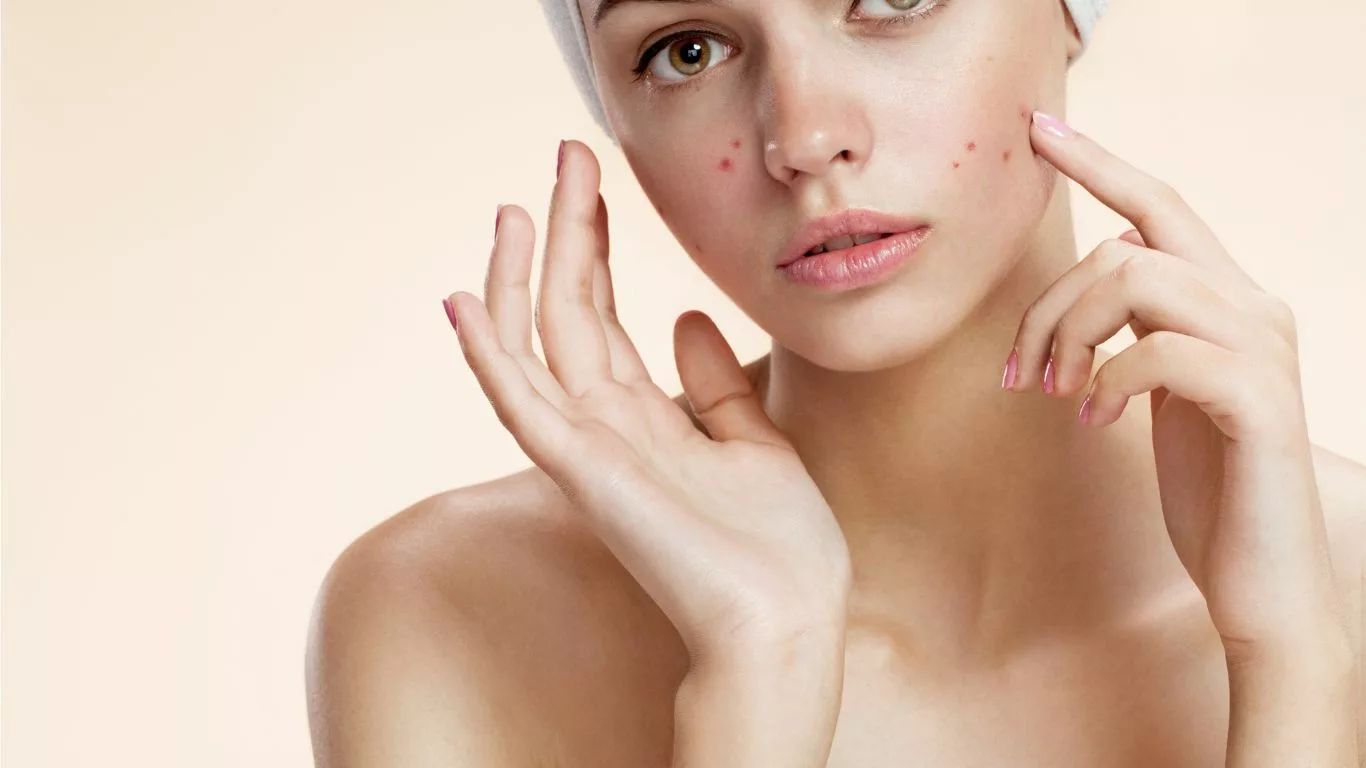
Let’s Wrap It Up
Achieving Clear Skin, One Step at a Time
So there you have it. With the right skincare routine and healthy habits, you can totally take control of your acne. It’s a journey, but with some patience and the right products, you can definitely see improvements. Don’t give up, and keep working towards clearer, healthier skin!
Appendices
References
- American Academy of Dermatology (AAD)
- PubMed Central – Acne: Determinants of Quality of Life, and Its Impact
- PubMed Central – Acne Vulgaris: A Review of Causes and Treatment Options
FAQs
Quick answers to common acne questions:
Can oily and combination skin types use moisturizers?
Yep, just choose an oil-free, non-comedogenic moisturizer to keep your skin hydrated without causing breakouts.
Are there specific dietary recommendations for acne prevention?
A healthy diet with plenty of fruits, veggies, and water can support your skin’s health. Give your skin what it needs from the inside too!
Acne Prevention Tips Comparison
| Aspect | Oily Skin | Combination Skin |
|---|---|---|
| Cleansing | Gentle, oil-controlling cleansers | Mild cleansers for balanced care |
| Skincare Products | Non-comedogenic, oil-free | Non-comedogenic formulations |
| Hydration | Oil-free moisturizers | Lightweight, hydrating products |
Disclaimer
This article gives general advice for acne prevention but isn’t a substitute for seeing a dermatologist. Always get professional recommendations for your skin’s needs.

Camellia Wulansari is a dedicated Medical Assistant at a local clinic and a passionate health writer at Healthusias.com. With years of hands-on experience in patient care and a deep interest in preventive medicine, she bridges the gap between clinical knowledge and accessible health information. Camellia specializes in writing about digestive health, chronic conditions like GERD and hypertension, respiratory issues, and autoimmune diseases, aiming to empower readers with practical, easy-to-understand insights. When she’s not assisting patients or writing, you’ll find her enjoying quiet mornings with coffee and a medical journal in hand—or jamming to her favorite metal band, Lamb of God.

